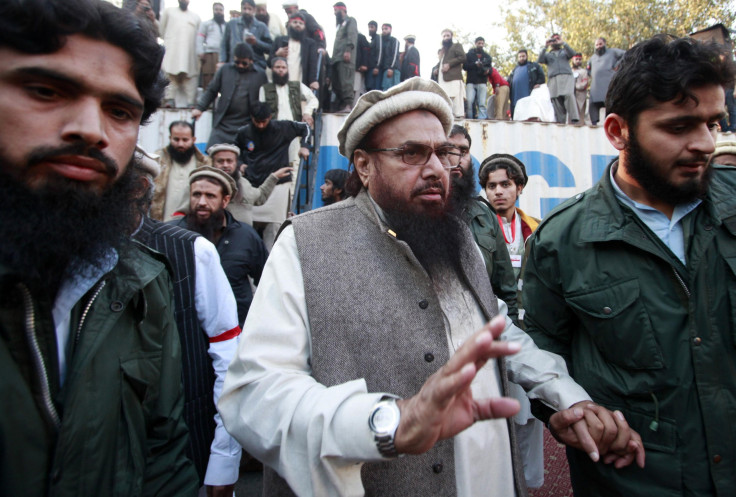Pakistan Bans Several Taliban And Al Qaeda-Linked Militant Groups, Freezes Bank Accounts

Pakistan on Thursday announced a ban on several local militant groups with known ties to the Pakistani Taliban and al Qaeda, according to a report by Dawn News, a Pakistani daily. The news of the ban comes a week after local news outlets reported that the Pakistani government was planning to do so.
Among the banned groups are Jamaat-ud-Dawa (JuD) and the North Waziristan-based Haqqani Network, as well as 10 other local militant groups. The decision to ban the groups comes just a month after militants of the Pakistani Taliban attacked an army-run school in the city of Peshawar and killed over 140 people, most of them children.
“Pakistan takes immediate action against the organizations banned by the United Nations sanctions committee. The measures include freezing of their assets and accounts,” foreign office spokesperson Tasneem Aslam reportedly said, adding that the government will clamp down on all militant groups “without any discrimination.”
Aslam reportedly said that while the Taliban-linked Haqqani network had been banned, the government could not cut off its funds as it did not have any accounts in Pakistan.
The Haqqani Network, founded by Afghan warlord Jalaluddin Haqqani, has been blamed for a 2008 attack on the Indian embassy in Kabul and a 2011 attack on the U.S. embassy in the same city. Although the group was designated as a terrorist organization by the U.S. government in 2012, many, including India, have accused the Pakistani government of not doing enough to clamp down on its activities. With the ban, the Pakistani government has ended an unofficial distinction between the “good Taliban” and the “bad Taliban.”
The ban on JuD, meanwhile, could improve Pakistan’s ties with India, which has consistently claimed that militants of the Lashkar-e-Taiba, which is linked to JuD, were involved in the 2008 attacks in the Indian city of Mumbai that left over 160 people dead.
In recent months, relations between the two nuclear-armed neighbors have deteriorated rapidly following daily clashes along the border in the northern Indian state of Jammu and Kashmir. While India has blamed Pakistan of attempting to disrupt the fragile peace in the region, Pakistan has accused India of indulging in “unprovoked firing.”
“This escalation at a time when Pakistan is in the midst of a robust and broad operation against terrorism reflects that certain forces does not want Pakistan to succeed in the war against this menace,” Aslam reportedly said on Thursday.
© Copyright IBTimes 2024. All rights reserved.












